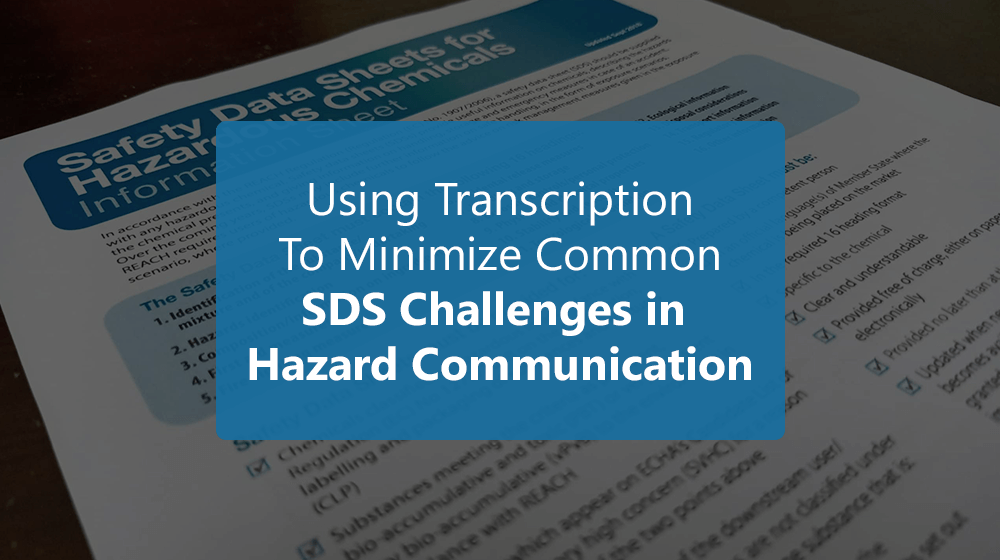Market research has become the cornerstone of success for countless businesses. While quantitative data, such as sales numbers or website hits, gives us cold, hard facts, qualitative analysis goes deeper. It’s the “why” behind the numbers.
Qualitative analysis deeply influences many sectors, especially market research. Qualitative analysis streamlines healthcare assessments and enhances understanding of health concerns based on patient feedback. Essentially, it unlocks the ‘why’ behind choices, bridging data with real human experiences vital across all industries. Let’s explore its importance and best practices.
Why Qualitative Analysis?
1. It’s Personal: Imagine having coffee with a customer. What they say, how they feel, why they prefer one product over another: this is the essence of qualitative analysis.
2. Beyond the Numbers: While quantitative data tells you “what,” qualitative data tells you “why.” The reasons behind choices can be more valuable than the choices themselves.
3. Evolving Insights: Markets change and by understanding emotions and reasons, businesses can stay ahead of the curve.
Strategies for Effective Qualitative Analysis
1. Choose the Right Method:
Interviews:
In interviews, you can go deep into individual experiences, adjusting questions for richer data. Through personal interactions, you nurture trust, promoting candid responses and immediate clarifications.
Focus Groups:
With focus groups, you use group dynamics for diverse insights. Through discussions, you can capture multiple perspectives, while observations offer you additional understanding. The group setting can also spark fresh ideas.
Surveys:
Using surveys, you obtain quantifiable data from a wide audience in a cost-effective manner. Their structured approach ensures you get standardized results, and the element of anonymity can lead to more honest feedback.
Open-ended Questions:
Open-ended questions allow you to capture unbiased, detailed feedback. They help you uncover unexpected insights and let respondents express themselves fully and holistically.
2. Active Listening:
Active listening ensures that you, as the researcher, fully comprehend respondents’ perspectives, capturing details often missed by casual observation. By actively engaging with and focusing on the participant’s words, you can uncover deeper insights, recognize patterns, and draw more accurate conclusions.
3. Utilize Technology:
Modern tools, like AI-driven analysis, can sort and categorize qualitative data quickly. These insights can guide the next big move.
Best Practices in Qualitative Analysis
Diversify Your Sample:
In market research, a diverse sample paints a clearer picture of the entire marketplace. For example: By incorporating feedback from both a Gen Z user who prioritizes sustainability and a Gen Xer who values product durability, brands get a 360-degree view of consumer preferences. Gathering insights across genders, age brackets, and socio-economic backgrounds allows brands to cater to a wider audience and avoid market blind spots.
Stay Neutral:
Imagine a market researcher asking a participant, “Don’t you think Brand X’s new soda tastes artificial?” versus “How would you describe the taste of Brand X’s new soda?” The former nudges a negative sentiment, while the latter is open-ended. To capture unbiased feedback, market researchers must craft neutral questions and foster an environment where participants can share without influence.
Document Religiously:
Exploring the ever-changing landscape of market insights, every piece of feedback holds weight. When a participant shares that they discovered a product through an Instagram influencer, it offers a glimpse into potent marketing strategies. Whether it involves transcribing focus group dialogues or recording individual interviews (with participant’s consent), thorough documentation ensures a depth-rich analysis.
Champion Privacy:
For market research participants, data privacy is paramount. A study might uncover that residents of a particular zip code prefer organic products. Safeguarding such location-specific data isn’t just ethical but also ensures compliance with privacy regulations. Establishing robust data protection practices ensures participants trust the research process and share insights more freely.
Revisit and Reflect:
Market trends evolve, and so should data analysis. An initial review might indicate a rising preference for eco-friendly packaging. However, on a deeper dive, researchers might discover it’s particularly pronounced in urban areas. Regularly reassessing data helps market researchers stay ahead of nuanced shifts in consumer behavior.
Collaborate Broadly:
Market research thrives on collaboration. While one researcher identifies a rising trend of online grocery shopping, another might pinpoint that this trend is driven by exclusive online discounts. Pooling insights from a diverse team provides a richer, multi-faceted understanding of market dynamics. Team workshops or joint analysis sessions can often spark groundbreaking revelations.
Act, Don't Just Archive:
In market research, actionable insights determine success. If a cosmetics brand uncovers a consumer preference for cruelty-free products but fails to adapt its offerings, it overlooks a pivotal market trend. Brands that actively apply their research findings position themselves at the forefront of consumer preferences, ensuring competitive advantage.
Wrapping It Up
In today’s market research, qualitative analysis is vital as it adds a human element to a data-driven world. Businesses that tap into this truly get their customers and can lead their industries. With the right approach, qualitative analysis isn’t just data collection; it’s about truly understanding it. Listen closely to your customers, and they’ll guide your path.
Move beyond basic data and find the stories with qualitative analysis within. Need a solution just for you? Get a custom quote now. Let ANT Datagain show you what your data can truly reveal.

















